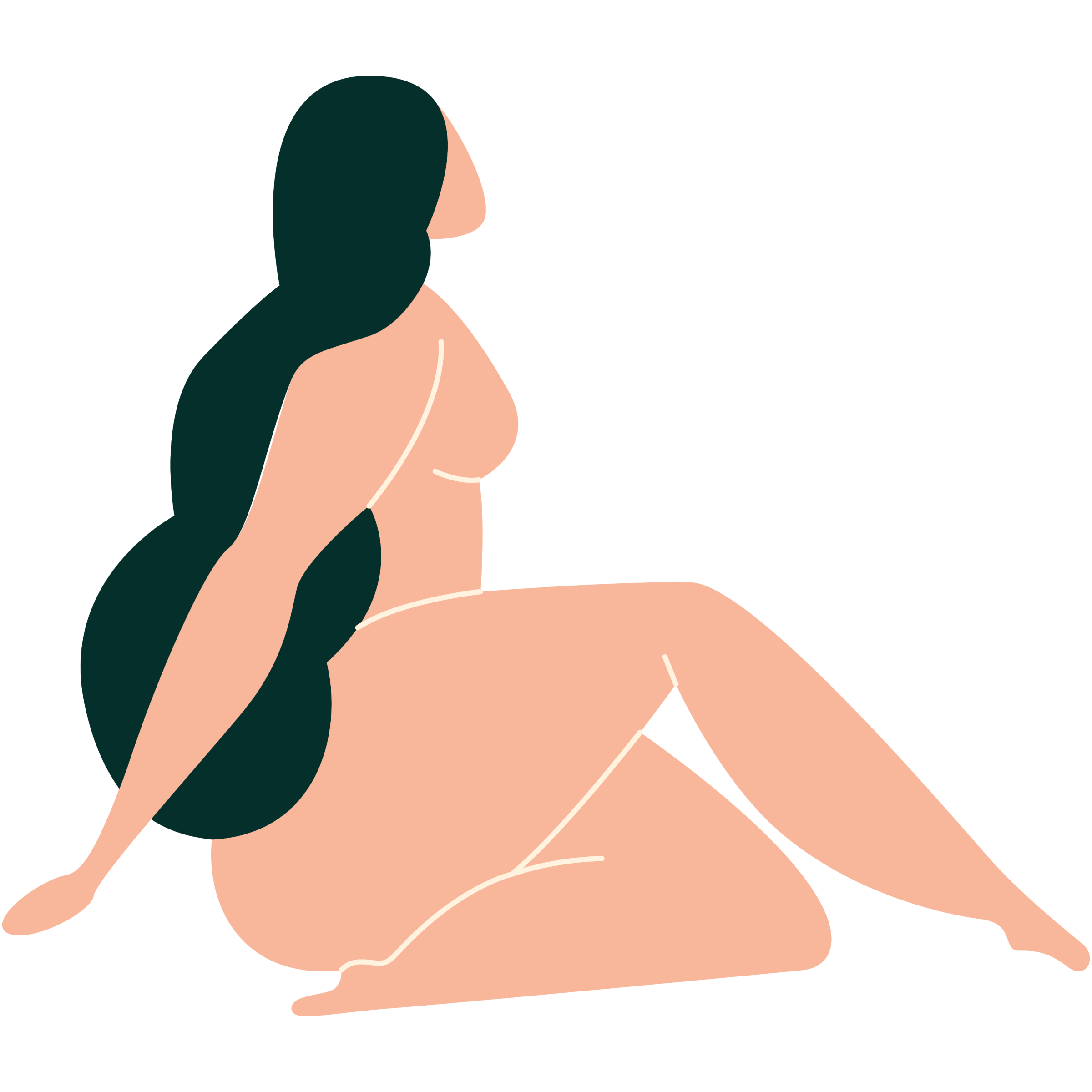
Body
Get to know your body through a better understanding of your anatomy and find the answers to some of your most common questions.

The shame we learn to carry around our bodies and sexuality manifests in different ways, and we end up taking some parts of it with us everywhere we go.
Dismantling and overcoming this is no simple task, but it is possible. A crucial part of that process involves reflecting on our thoughts, feelings, behaviors, and patterns to identify those that are inspired by shame and address them. To help you on that journey, we’ve outlined some of the ways that shame can manifest in our actions and thoughts, plus what you can do about it.
Growing up with consistent messaging about how “wrong” it is to discuss, touch, or even refer to your intimate parts can make it hard later in life to look at your body in a mirror, touch yourself, or allow yourself to experience pleasure.
"We are taught that boys are both sexual and reproductive – boys have erections, boys have wet dreams, boys ejaculate, and then the semen fertilizes the egg. Girls, we’re taught, have productive organs. They menstruate; menstruation is painful. We never learn about the clitoris. We never learn that girls have desire, that this is natural, that girls have sexual dreams, that girls have fantasies."
Sophia Wallace
Ted Talk: 'A Case for Cliteracy'
What you can do about it:
We always recommend using a mirror to look at your vulva and get familiar with your body (we mention the reasons here). Also, spend some time learning the right terms for your sexual and reproductive organs and get used to saying them out loud.
Practice self-discovery and familiarize yourself with your body’s immense capacity for pleasure through exercises like pleasure mapping. Another great way to do that and to discover what you like and how you like it is through self-pleasure.
Shame and disgust often show up together. We feel “grossed out” by our desires, fantasies, or sexual acts, and that leads to shame. Other times, we internalize disgust because of comments others made about or around us, and that leads to shame.
What you can do about it:
Because disgust is a primal emotion, we rarely question it. We invite you to stop and think about where that feeling of disgust is coming from, instead of accepting it as fact. Remind yourself that your body is normal, having desires is normal, and acting on those desires is your decision – and yours only.
Did you know that the Arab World has some of the highest rates of vaginismus in the world — a condition whereby intercourse is excruciatingly painful for the woman as a result of fear and anxiety around sex and intimacy?
This internalized fear might be shame coming to the surface. Women are raised to ignore their sexual desires and pretend that they don’t exist, and then they’re required to magically turn into sexual beings by the time they’re married. But of course, it doesn’t work that way.
What you can do about it:
If you’re experiencing painful sex, there may be a number of reasons at play, ranging from the physical to the psychological. We recommend that you start by visiting a gynecologist to rule out any physical causes.
We can’t stress enough the importance of education and seeking normalizing and destigmatizing information about your body and sexuality. This will help you understand yourself better, notice when something is wrong, and recognize when shame comes up.
According to research dating back to 2010, women in heterosexual relationships are four times more likely to say that sex wasn’t pleasurable in the past year, while men have 20 to 50% more orgasms than their female partners. So what’s going on?
If you feel ashamed of your sexual thoughts, you might struggle to acknowledge them. Sharing your desires or sexual needs with someone else might seem impossible to you.
What you can do about it:
First things first: you need to figure out what you like on your own, so that you can then communicate it to your partner. Be honest with your thoughts and feelings and ask for patience and support from your partner as you dismantle those feelings of shame and anxiety.
You have a right to experience pleasure without guilt or shame.
Did you find the answer you were looking for? Is there something we missed? What did you think of this resource? We want to hear from you.
